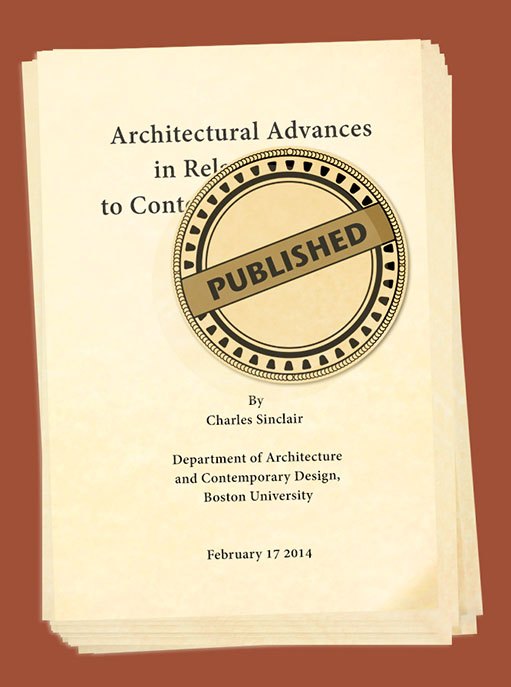Show Navigation Menu
Section Two : Becoming a Researcher/Scholar
Chapter 8: Reviewing and Improving Writing
Hide Navigation Menu
Home Page
Section 2 Becoming a Researcher/Scholar / Chapter 8 Reviewing and Improving Writing
6. Conclusion
Learners are fully responsible for reviewing and improving their written work utilizing a thorough, structured proofreading and editing process. This can be an overwhelming task if the learner has limited skills in revising and does not plan for the tasks to be completed. Learners building a plan for these revisions should make deliberate decisions regarding who will proofread and edit, and when editing will occur in the writing process. Learners may find that a combination of one or more of the options and tools available to support reviewing and improving writing are necessary to fully address errors within the draft document.
The tasks within the plan should include directly addressing plagiarism, which is often the result of carelessness, time pressure, laziness, and/or lack of knowledge and skills. As noted earlier, there are several programs that can check for plagiarism, but it is more effective to understand the effect of plagiarism and deliberately avoid plagiarizing and self-plagiarism as often as possible in any writing situation. Plagiarism can be avoided from the beginning of the work if learners apply the APA manual format, are cognizant of plagiarism challenges, understand that writing consists of revising and rewriting, and ensure that time for rewriting is in the plan for reviewing and improving writing.
Any plan developed for reviewing and improving writing should include plenty of time for revising, editing, and rewriting. This means beginning the writing project well before the deadline to allow for the editing and rewriting of each paragraph before moving forward to the next paragraph so content focus will be apparent to the audience. Allowing time may mean writing an outline and following that outline throughout. A plan could also contain tasks for final reworking and rewriting of the entire work.

Improving writing is an on-going, growth process for learners and should never be considered fully accomplished or completed, because learners can always learn or expand skills and knowledge for reviewing and improving their own writing. Writing, learning, editing, and rewriting is the key to effective writing. In an interview with famous authors, one university librarian (Meeker, 2013) suggested that best-selling author Richard North Patterson was on target when he commented on writing and revisions: “To fall in love with a first draft to the point where one cannot change it is to greatly enhance the prospects of never publishing.”
